When I first started composting, I thought it was as simple as tossing in anything organic. Turns out, not everything breaks down into that rich, crumbly compost we dream about. In fact, some things can wreak havoc on your pile, attract pests, or even harm your garden. Knowing what doesn’t belong is just as important as knowing what does. After a few mistakes (and a couple of smelly piles), I’ve learned which items are a no-go. Here’s what I wish I’d known from the start.
1. Meat and Fish Scraps
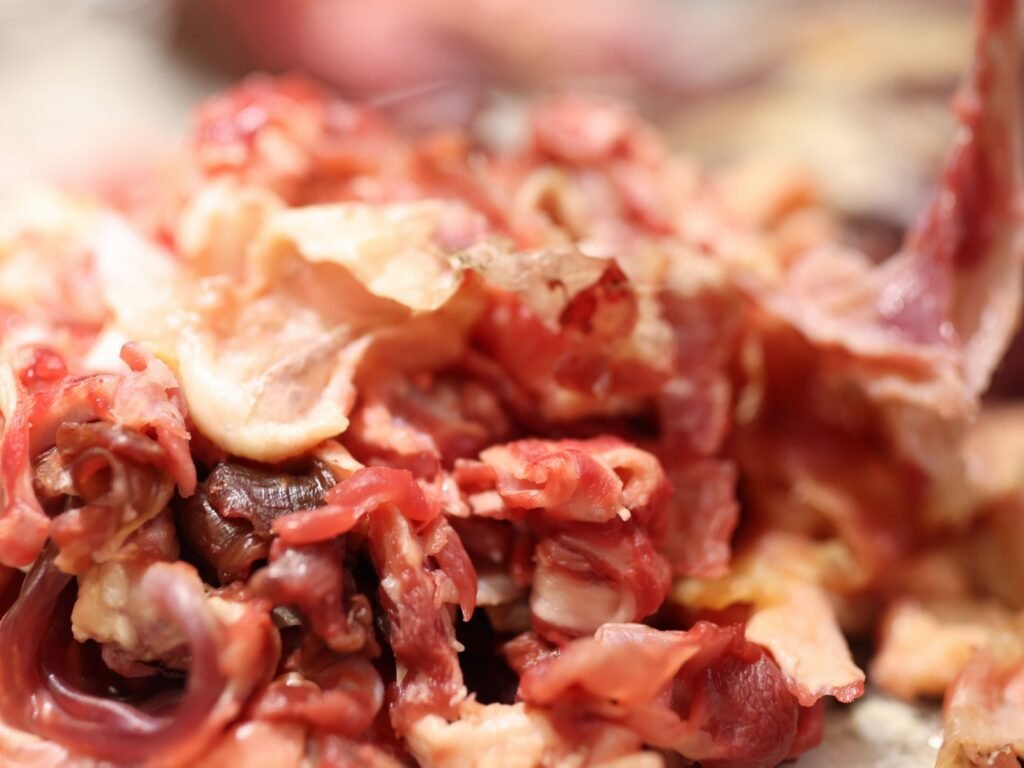
While technically biodegradable, meat and fish break down slowly and attract pests like raccoons and rats. They can also produce a strong, unpleasant smell as they decompose. Instead, consider burying these scraps deep in your garden or finding a local composting program equipped to handle them.
2. Dairy Products
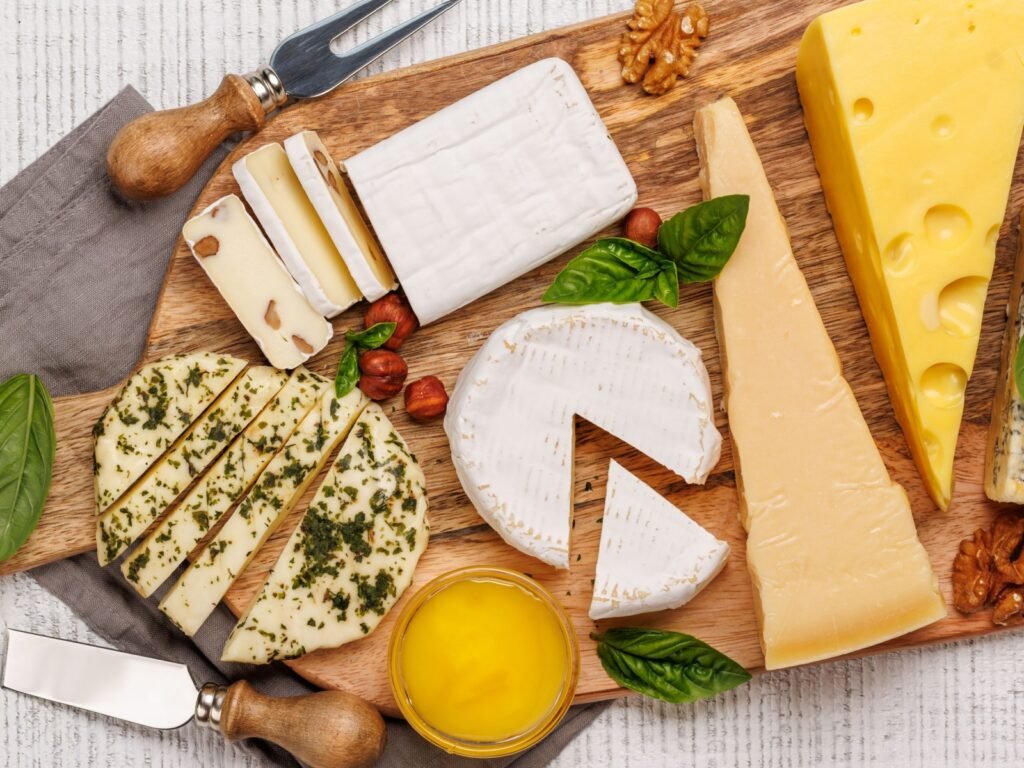
Cheese, milk, yogurt, and other dairy items can create a slimy mess in your compost bin. They’re also highly attractive to pests and can make your pile stink. If you’re looking for a pest-free and odorless compost, keep dairy out.
3. Fats, Oils, and Grease
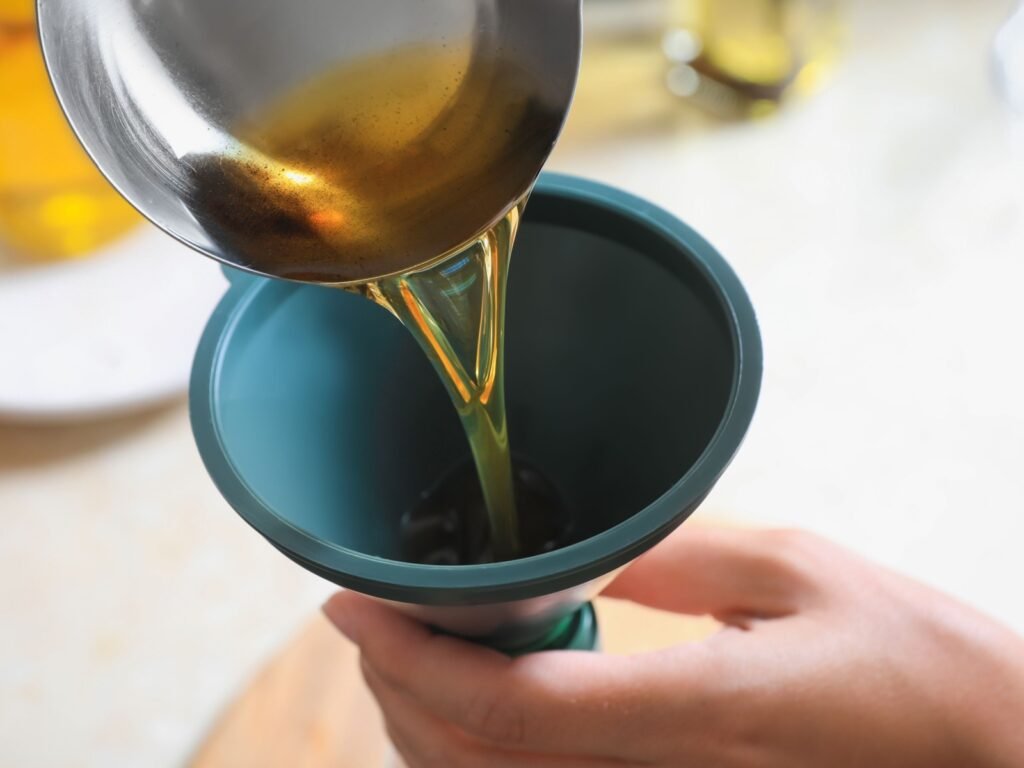
Adding grease or oil to your compost pile can coat organic matter and slow decomposition. These substances also repel water, which is essential for the composting process. Save your compost pile the trouble by disposing of fats elsewhere.
4. Diseased Plants
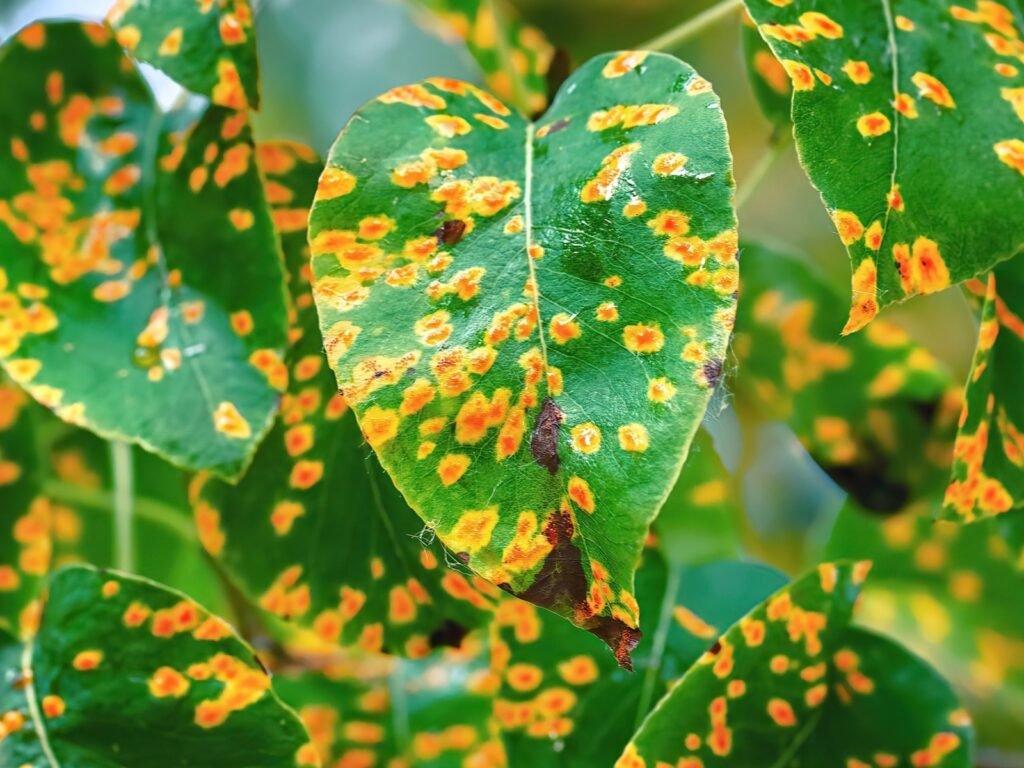
It might seem natural to compost your garden waste, but plants with diseases can spread pathogens. These pathogens may survive the composting process and infect your garden later. Always burn or trash diseased plants to keep your garden healthy.
5. Pet Waste
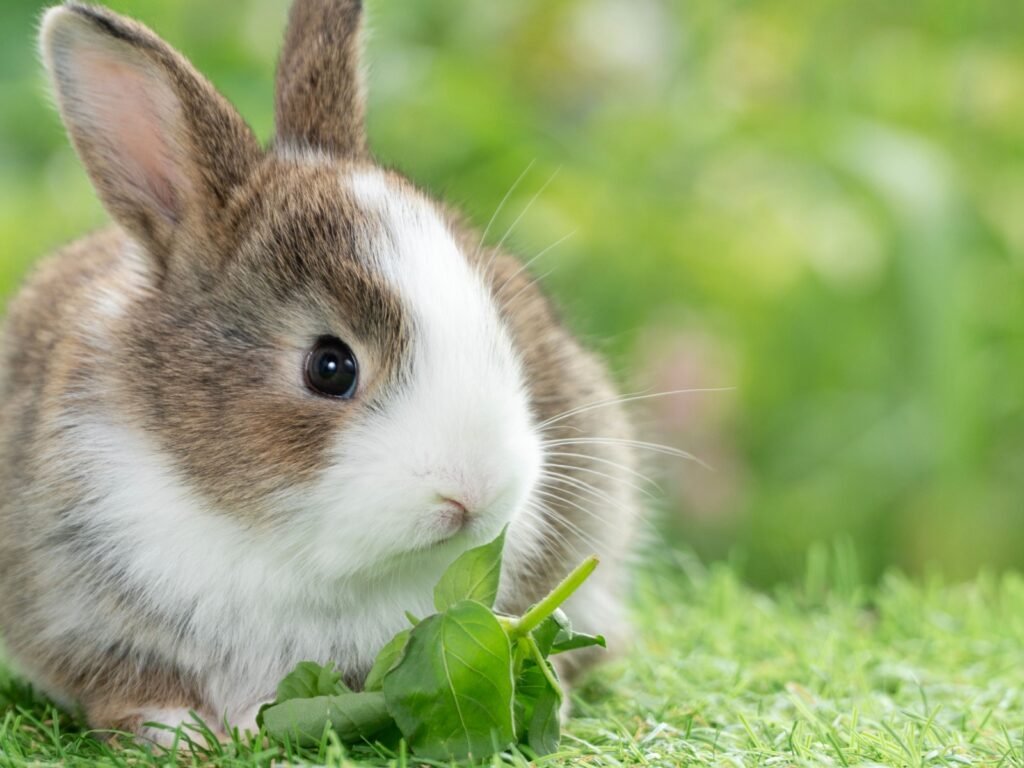
Waste from dogs, cats, or other carnivorous pets often contains parasites or bacteria that can survive composting. This makes it unsafe to use in a garden, especially one growing food. Stick to composting waste from herbivorous animals like rabbits or chickens.
6. Glossy or Coated Paper
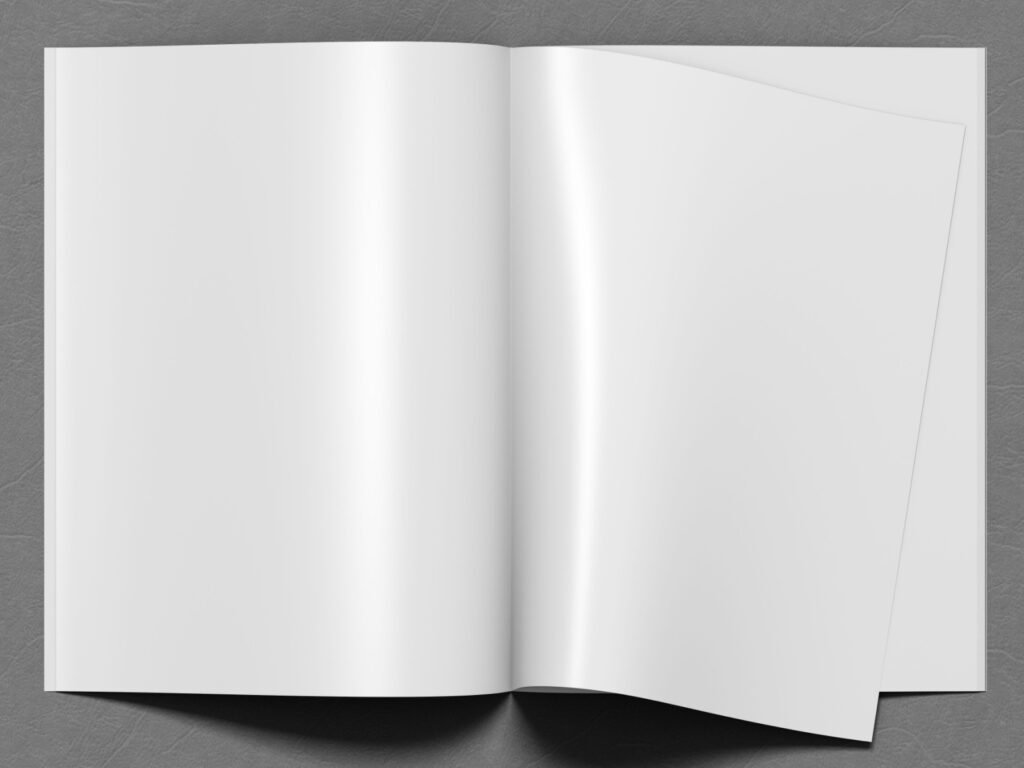
Magazines, catalogs, and other shiny papers are often treated with inks and coatings that don’t break down well. These can release harmful chemicals into your compost, which isn’t great for your plants. Recycle these instead of composting them.
7. Treated Wood or Sawdust
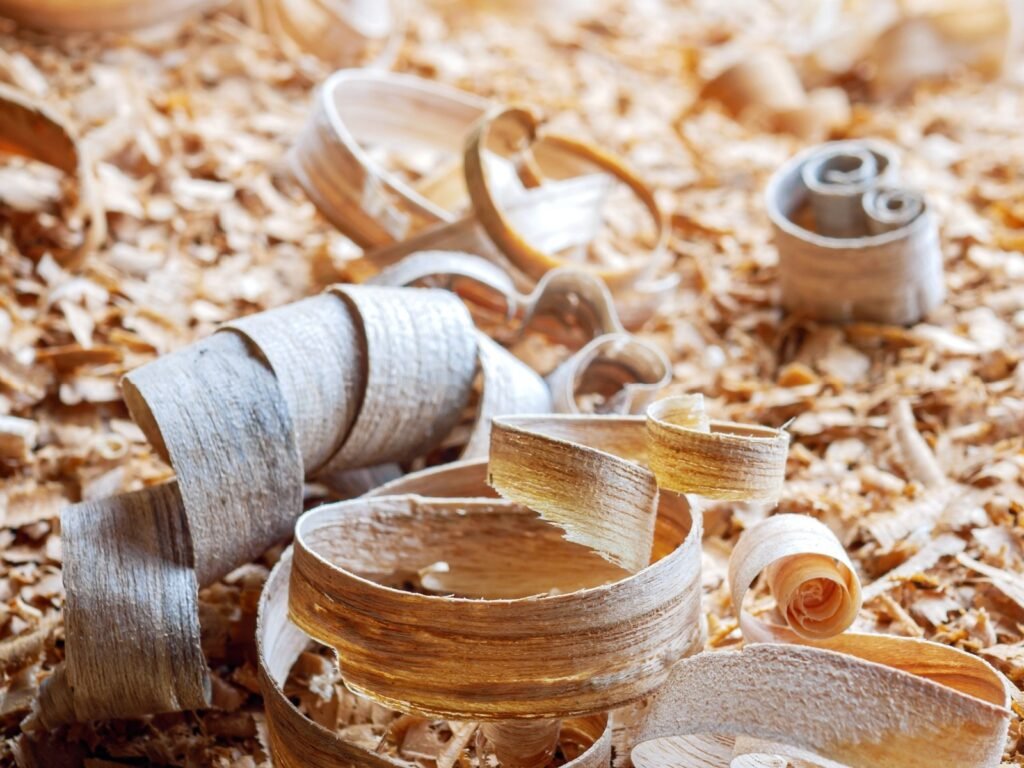
Sawdust from treated or painted wood can contain chemicals like arsenic or formaldehyde. These can leach into your compost and eventually into your plants. Only add untreated, raw wood sawdust to your bin.
8. Weeds That Have Gone to Seed

Composting weeds that have already seeded is a risky move. Unless your pile gets extremely hot, those seeds can survive and sprout in your garden later. It’s safer to dispose of seeded weeds in the trash.
9. Citrus Peels in Excess
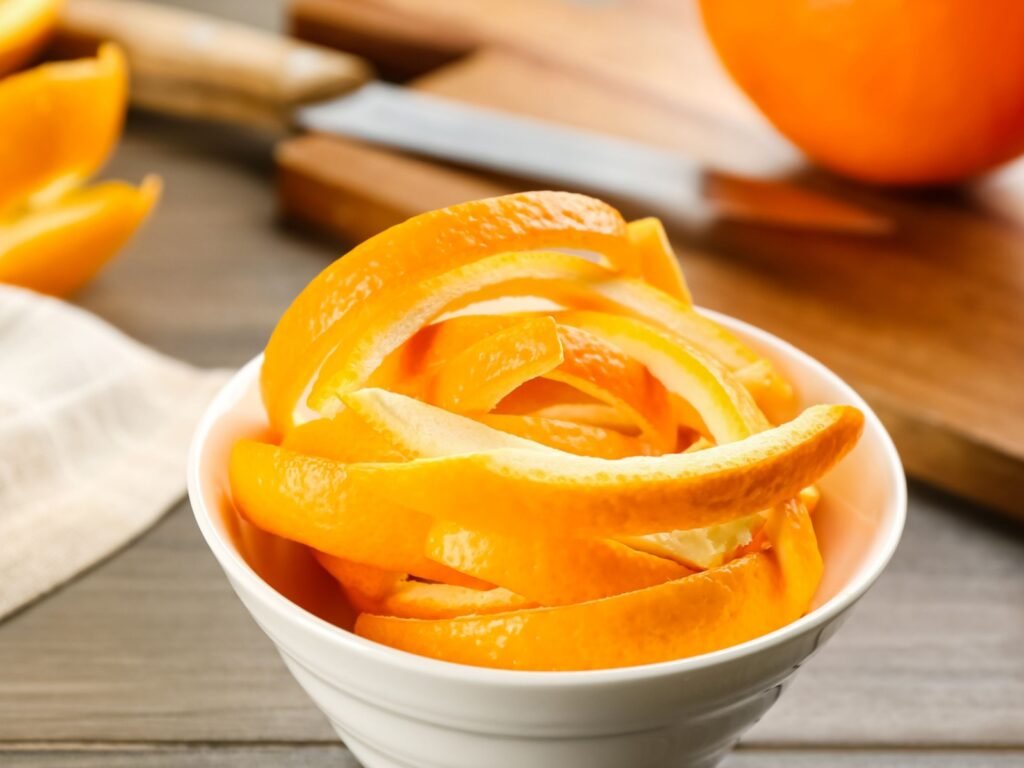
While small amounts are okay, too many citrus peels can make your pile overly acidic. This can slow down decomposition and harm earthworms, which are essential for a healthy compost pile. Balance is key when adding citrus.
10. Onions and Garlic
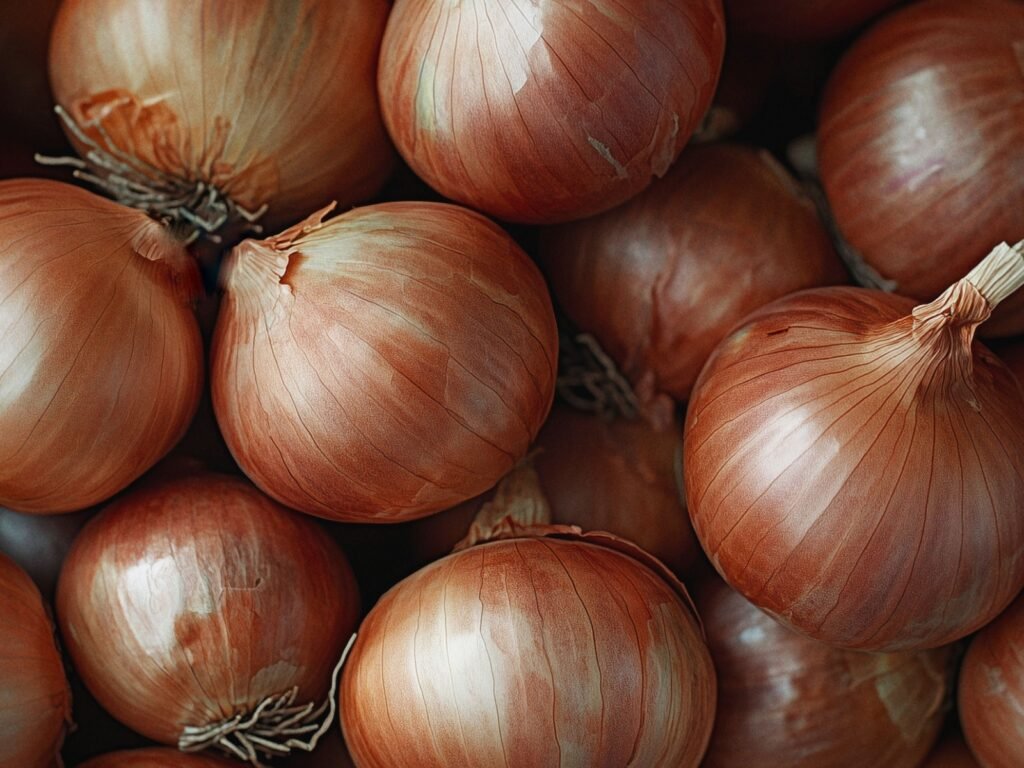
These kitchen staples can repel the helpful bacteria and worms that make composting work. While small amounts are usually fine, avoid tossing in large quantities. Chop them up finely if you do decide to add them.
11. Non-Biodegradable Tea Bags
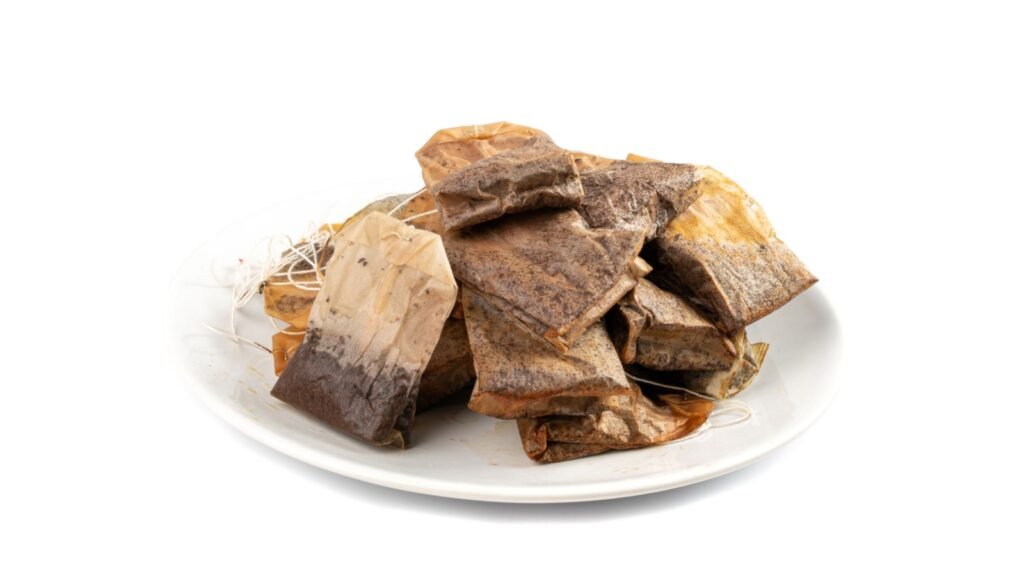
Many tea bags contain plastic fibers that don’t break down in compost. Always check for compostable labels or opt for loose-leaf tea instead. Plastic-filled tea bags can stick around in the soil for years.
12. Charcoal Ash
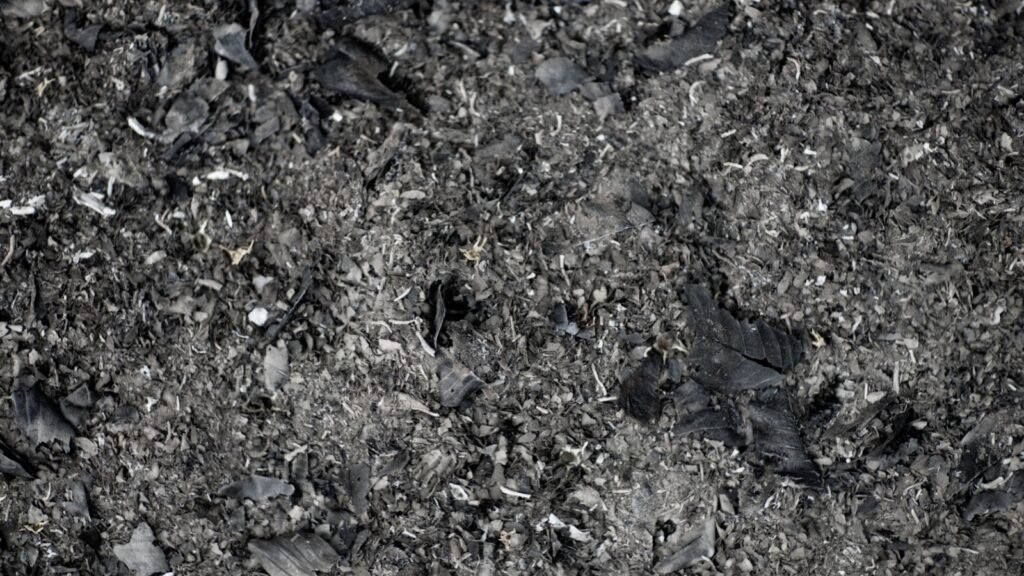
Ash from treated charcoal or briquettes often contains chemicals that can harm plants. Even natural wood ash should be used sparingly, as it can raise the pH of your soil. Stick to composting untreated wood ash if you must.
13. Synthetic Fabrics

It might be tempting to toss old socks or fabric scraps in your bin, but synthetic fibers don’t decompose. Even natural fibers like cotton take time, especially if dyed or treated. These are better off recycled than composted.
14. Large Branches or Sticks
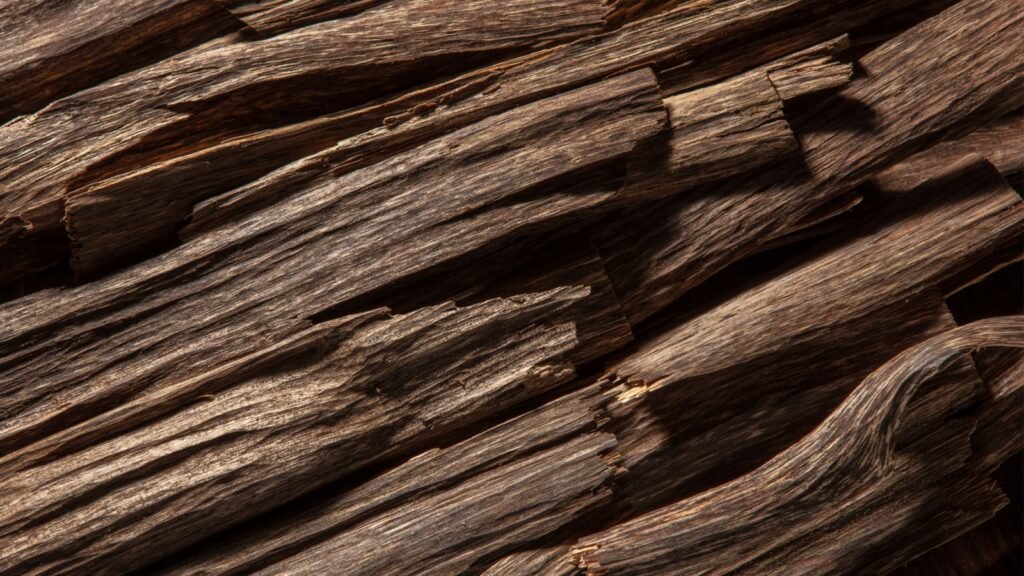
Big, woody items take forever to break down and can throw off your compost pile’s balance. If you must include them, chop them into small pieces to speed up decomposition. Otherwise, use them for mulch or kindling.
15. Eggshells in Bulk
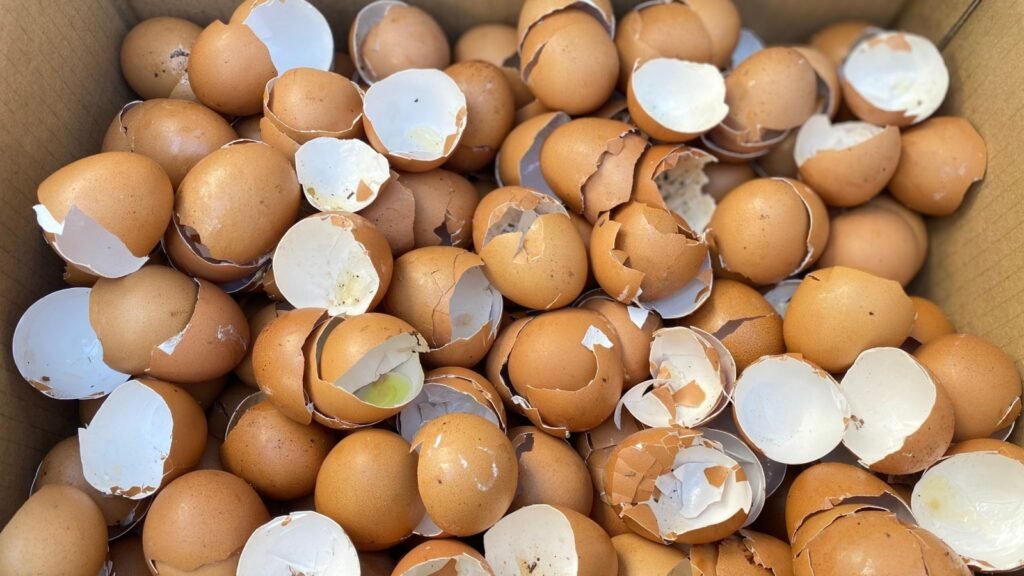
Eggshells decompose very slowly, even when crushed. While they can add calcium to your compost, adding too many at once can be counterproductive. If you use them, rinse and crush them first to speed up the process.

